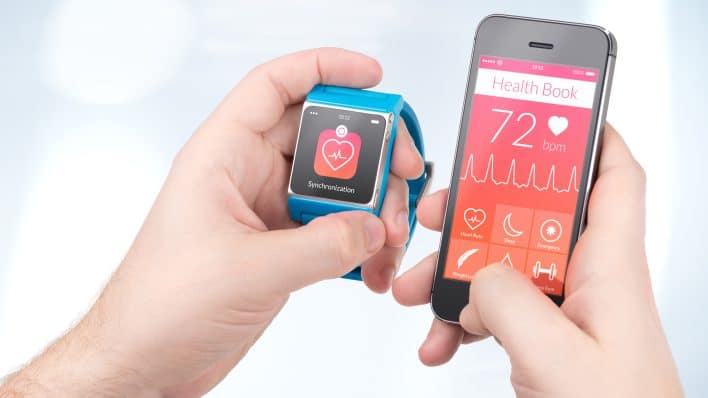AI in Healthcare: enhancing efficiency without losing the human touch
Posted on
Can you tell something about your background?
“I studied computer science, sometime in the last century, when AI was still in the so-called ‘AI winter’ and not at all trendy. After my studies, I entered the healthcare domain and did PhD research on AI in healthcare. I now work at JADS where I fulfill three roles: as a lecturer, researcher and I provide education for professionals.”
Do you focus exclusively on AI in healthcare?
“At JADS we don’t focus exclusively on healthcare, but health and wellbeing is one of our themes. For my research, I try to stay within the healthcare domain as much as possible, because that’s what I’m interested in. However, I also venture into other domains, such as finance. These other perspectives are very informative and sometimes I spot things that are also applicable in healthcare.”
How is AI being applied in healthcare today?
“AI is being used in a variety of ways, although some applications may not be as visible to the user. Think of AI helping to draft and edit medical letters, or the use of AI in triage systems at GP clinics, where AI helps assess a patient’s urgency. These are often support tasks that make healthcare more efficient without being directly front and center.”
Is there a risk that using AI for greater efficiency will be at the expense of quality of healthcare?
“That’s definitely a challenge. The risk is that we will rely too much on AI and therefore become less critical. The focus on efficiency should not come at the expense of quality of care. AI can speed up and facilitate processes, but it should never replace human intuition and empathy. A physician who relies solely on AI might miss what is really going on with a patient. Therefore, it is essential that we view AI as a tool and not a substitute. The most important thing is to have proper procedures in place and use AI responsibly.”
What does the time saved by AI get us?
“The time AI saves us should be spent on getting back to what really matters: the patient. By taking over administrative and repetitive tasks, AI can allow healthcare providers to have the space to really listen to their patients again. This means more time for the in-person conversation, for understanding the context in which someone lives, and for deciding together what is the best treatment. This human aspect is something that AI can never fully take over, and that is exactly why the combination of technology and human care can be so powerful.”
So AI has a supporting role?
“AI can fulfill multiple roles, from being an advisory colleague to a critical auditor. It can even take over certain tasks completely, but empathy remains a human trait. AI can quickly process large amounts of data, but lacks the subtle nuances in communication that are crucial in healthcare.”
And where do we stand today in accelerating the AI transition in healthcare?
“Yes, that’s a bit of a tricky story. In fact, we are quite constrained by current legislation. You can broadly divide AI into two categories: administrative and logistical applications, and healthcare applications. Especially now with the emergence of large language models such as ChatGPT, you see that there are many developments in the field of administrative AI applications. For example, systems that automatically fill out records or create letters, where all the care provider has to do is check. Those kinds of applications are already happening, and I expect them to be deployed on a larger scale soon.
But if we look at the care-related applications of AI, we run into limitations. This is because in the medical domain, AI is considered a medical device. That means it has to go through all kinds of inspections before it can be used. But this inspection process is at odds with the very nature of AI, because AI must be able to continuously learn and improve itself by processing new data. That is not possible now because current legislation does not allow it.
As a result, you see that AI in healthcare either remains fairly experimental, especially in academic hospitals where it is being developed but often does not get beyond the laboratory stage. Or it is applied in very specific areas, such as medical image processing in scanners, in other words, as part of a product.”
How important is empathy in healthcare?
“The trust that patients have in their healthcare provider is often based on feeling understood and taken seriously. AI can help analyze data and support diagnoses, but it can never replace the human connection that occurs when a healthcare provider truly listens and empathizes with a patient. At a time when technology is becoming increasingly prominent, it is especially important to continue to nurture the human side of care.”
So AI looks especially useful for easing administrative and workload burdens in health care?
“Absolutely. Healthcare is under great pressure with an aging population and an increase in chronic diseases. AI can help reduce workloads by taking over tasks that now take up a lot of time, but it’s still crucial not to lose sight of the human side of care.”
This interview is a summary of the more extensive conversation with Dr. Daniëlle Sent in the JADS podcast Data Dates. For the full conversation, listen to this episode of Data Dates (Dutch only).




